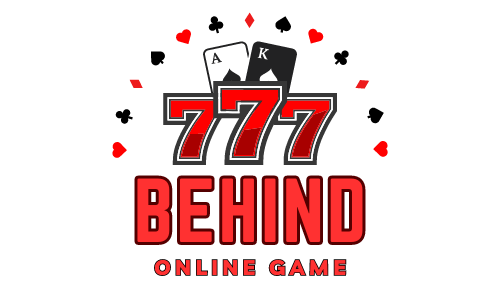In the ever-expanding digital landscape, online gaming stands as a testament to humanity’s innate desire for connection, competition, and creativity. From humble beginnings to a multi-billion dollar industry, the journey of online gaming is a fascinating narrative Daftar Slot Gacor that intertwines technology, culture, and human behavior.
Pioneering Days: From LAN Parties to Virtual Realms
The roots of online gaming trace back to the 1970s and 1980s, where the concept of multiplayer gaming began to emerge with early experiments like MUDs (Multi-User Dungeons). These text-based adventures laid the groundwork for what was to come, fostering communities of players who traversed virtual worlds together.
However, it was the advent of the internet that truly revolutionized gaming. With the rise of dial-up connections in the 1990s, gamers could now connect with each other from across the globe. This era saw the birth of iconic titles like Doom and Quake, which popularized the concept of online multiplayer through LAN parties and early internet matchmaking services.
The Rise of MMOs and Virtual Economies
As internet infrastructure improved, massively multiplayer online games (MMOs) began to dominate the scene. Titles like Ultima Online, EverQuest, and later World of Warcraft introduced players to vast, persistent virtual worlds where they could embark on epic quests, forge alliances, and engage in player-versus-player combat.
One of the most intriguing aspects of MMOs was the emergence of virtual economies. Players could buy, sell, and trade virtual goods within these digital realms, leading to the rise of in-game marketplaces and even real-world economic phenomena. The virtual economies of games like EVE Online became so complex that economists began studying them as microcosms of real-world markets.
The Social Era: Connecting Beyond Gaming
With the proliferation of social media and online communities, gaming evolved into more than just a pastime – it became a social platform. Services like Xbox Live and PlayStation Network allowed gamers to connect with friends, voice chat during gameplay, and even stream their gaming sessions to a global audience.
Furthermore, the rise of esports catapulted gaming into the mainstream spotlight. Competitive gaming leagues and tournaments drew millions of viewers, with professional gamers achieving celebrity status and lucrative sponsorships. Games like League of Legends, Dota 2, and Counter-Strike: Global Offensive became household names, showcasing the skill and strategy required to excel in the world of esports.
The Mobile Revolution and Beyond
The advent of smartphones ushered in a new era of gaming accessibility. Mobile gaming exploded in popularity, with casual titles like Angry Birds and Candy Crush Saga captivating audiences around the world. Mobile devices became gaming platforms in their own right, offering experiences tailored to the on-the-go lifestyle of modern consumers.
